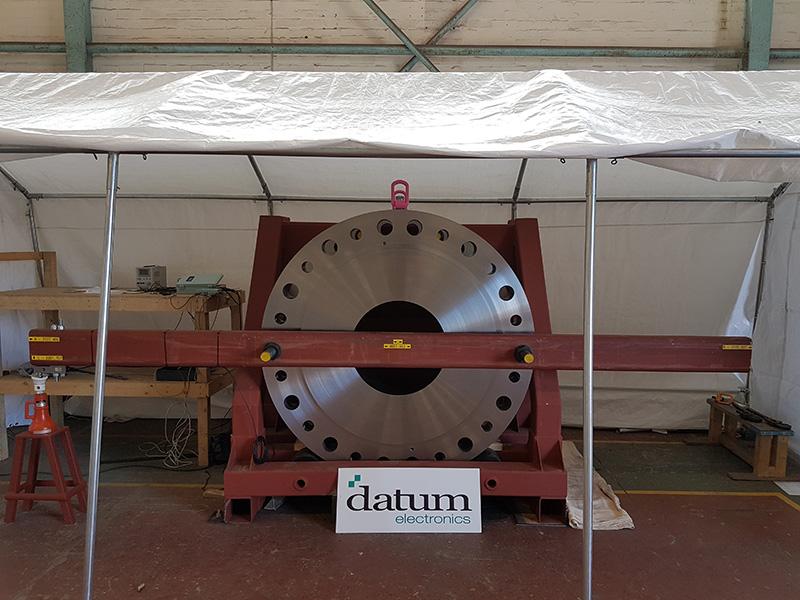
The manufacturing industry is constantly growing due to developments in technology. More efficient machinery, more automation equipment and more productive processing lines surround us in every aspect of manufacturing and engineering.
In the chase of improved performance, a lot of big names (such as Liebherr, CAT, Komatsu, and GE, to name but a few) invest in the development of bigger, more efficient and economical in operation machines.
Bigger engines for bigger container ships for the marine industry, bigger machines for mining and civil engineering, bigger cargo vehicles, aeroplanes and trains for the transport industry, and bigger turbines for green energy are constantly advertised as being more efficient and compliant with the latest standards and regulations.
It all makes sense: as the main aim of any company is to increase profitability, which can best be achieved through maximising efficiency, reducing general production costs, and increasing output.
Although the initial cost of acquiring a larger machinery is obviously significantly higher, in the long run it can help you to avoid the extra costs of employing more people, whilst simultaneously saving time and delivering more consistent results.
Bigger equipment operates with bigger loads and requires higher horsepower. To prove its efficiency and ability to operate under different conditions, this new equipment requires a repeatable testing with precise measurements.
Keeping up with the world and, in particular, the needs of our customers Datum Electronics has been working on developing an innovative cutting-edge torque and power measurement solutions to test new engines, generators, drives and other machinery. This autumn we have gone bigger than ever and has been developed the largest torque transducer in the world.
This transducer weighs 4.6t and is able to measure torque of up to 10MNm. As a comparison, 80Nm of torque is needed to tighten a nut on your car wheel. It’s built using Datum’s 425 Series electronics, developed in partnership with the Solent LEP and the Technology Strategy Board. These revolutionary new electronics give customers high-accuracy, high-resolution, low-noise sensor instrumentation and the ability to choose sample rates from one to 2,000 samples per second.
Do you have a project in mind that requires a custom torque sensor? Our design engineers will work with you to find an efficient and cost-effective solution for your business.

